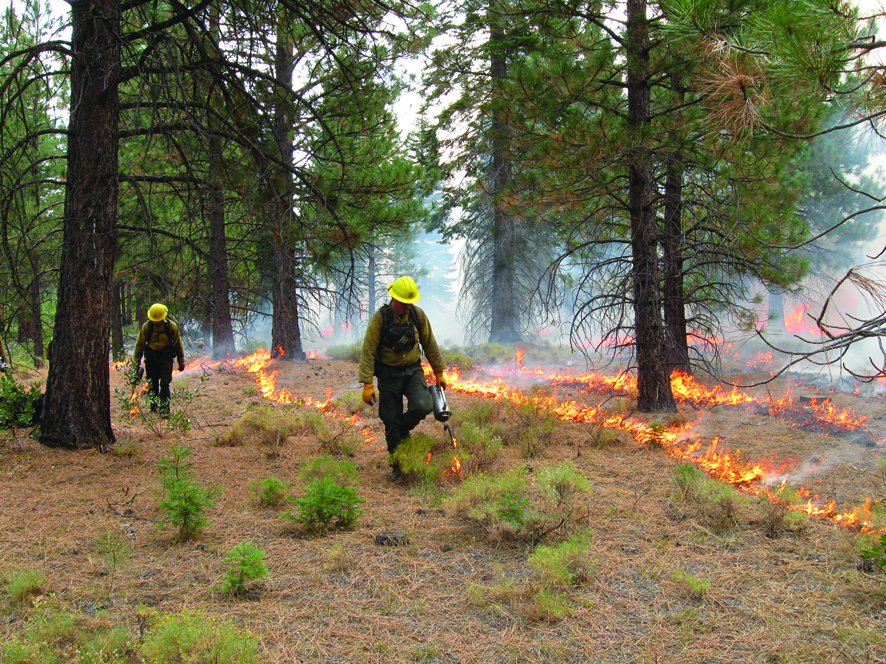
Female tiger sharks migrate from Northwestern to Main Hawaiian Islands during fall pupping season
A quarter of the mature female tiger sharks plying the waters around the remote coral atolls of the Northwestern Hawaiian Islands decamp for the populated Main Hawaiian Islands in the late summer and fall, swimming as far as 2,500 kilometers (1,500 miles).





